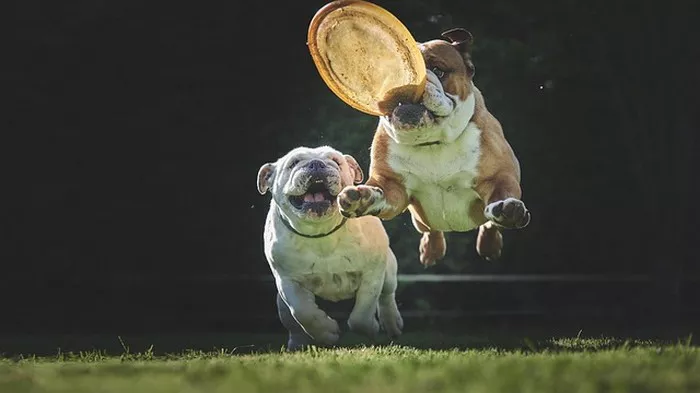A recent study from Thailand confirms what many pet owners already know: playing with dogs can significantly reduce stress in both humans and dogs. The research, conducted by Chiang Mai University, found that just 15 minutes of interaction with a dog can have a notable impact on stress levels.
The study involved 122 stressed students who were asked to engage with friendly dogs. The results were promising. After spending time with the dogs, students reported a 33.5% reduction in self-reported stress levels. Additionally, their heart rate and cortisol levels, a stress hormone, both decreased. Saliva samples taken before and after the interaction showed lower cortisol concentrations, reinforcing the stress-relieving benefits of playing with dogs.
The benefits weren’t limited to the students. The dogs, aged between three and six years, also showed signs of reduced stress. Fecal tests conducted a week after the interaction revealed lower levels of cortisol in the dogs, suggesting that spending time with humans may help alleviate their stress as well.
For this study, six non-therapy dogs, with no previous experience in canine-assisted interventions, were selected. The dogs participated without their owners present, ensuring that their behavior was influenced solely by their interaction with the students. Before the play sessions, the students completed a stress assessment questionnaire and provided saliva samples for cortisol testing. After the interaction, the students underwent another round of testing to assess changes in their stress levels.
The experiment, conducted in the main library of Chiang Mai University, allowed students to choose how they interacted with the dogs—whether by petting, hugging, or simply observing. This flexibility allowed the students to engage with the dogs in a way that suited their personal preferences.
The study, published in PLOS ONE, demonstrates the mutual benefits of human-animal interaction, showing that brief moments of connection with dogs can help both humans and dogs cope with stress.

